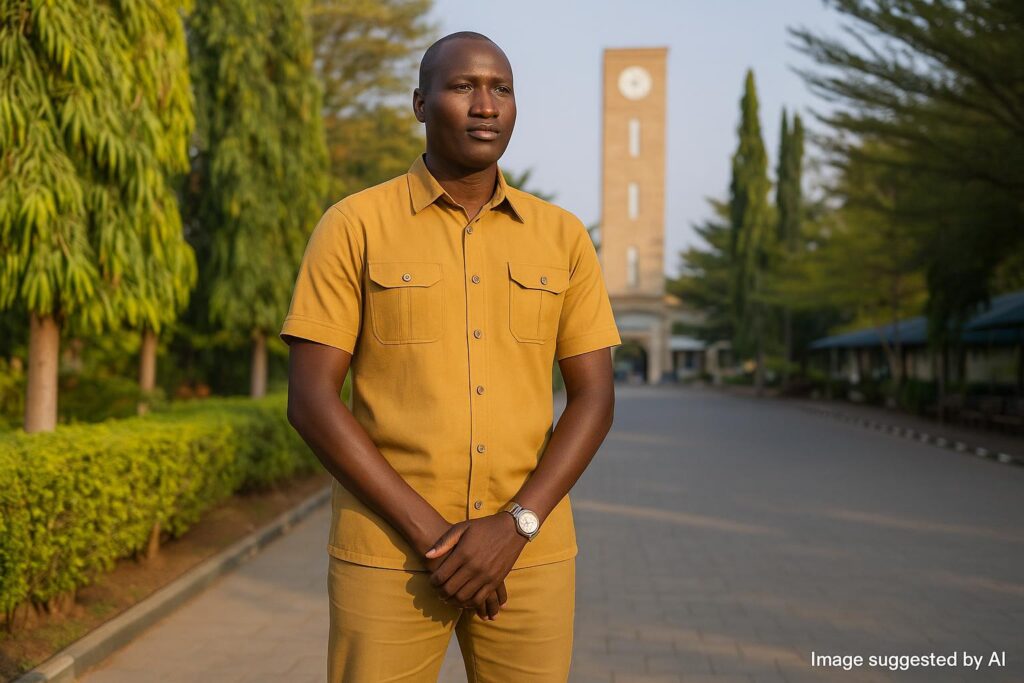A Call Beyond the Ballot Box
On the bustling Juba campus, third-year student Chol Alier Dit voiced a measured plea: national progress cannot hinge solely on periodic voting.
He told The Dawn that enduring development demands constant civic participation, transparent governance and shared responsibility.
Institutions as Pillars of Progress
Alier argues elections succeed only when anchored by credible institutions such as legislatures, courts, political parties and an independent electoral commission.
Without the rule of law and sound economic policy, he cautions, ballot victories can morph into frustration rather than prosperity.
Managing Expectations Among Citizens
Fixating on voting dates, he says, risks ‘psychological stress’ if anticipated transformations lag behind reality.
He reminds peers that peace and development can advance in phases, even during transitional periods without polls, provided accountability mechanisms stay active.
Regional Snapshots Inform Debate
Looking to Kenya, Uganda and Sudan, Alier observes post-election optimism often collides with lingering structural challenges.
He contends these examples illustrate that the ballot opens a door but does not furnish the entire house.
Charting a Holistic Development Path
Alier therefore calls for integrated reforms blending electoral integrity, institutional strength and inclusive economic growth.
Such a model, he believes, will empower citizens, sustain stability and accelerate the continent’s development ambitions.


